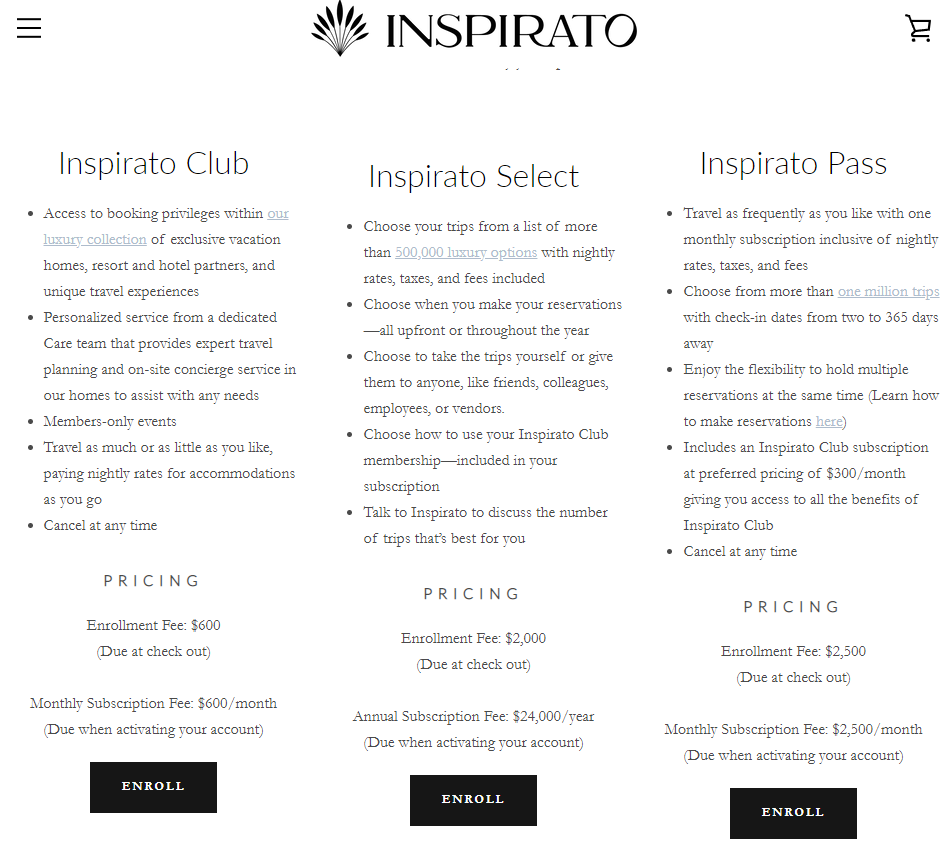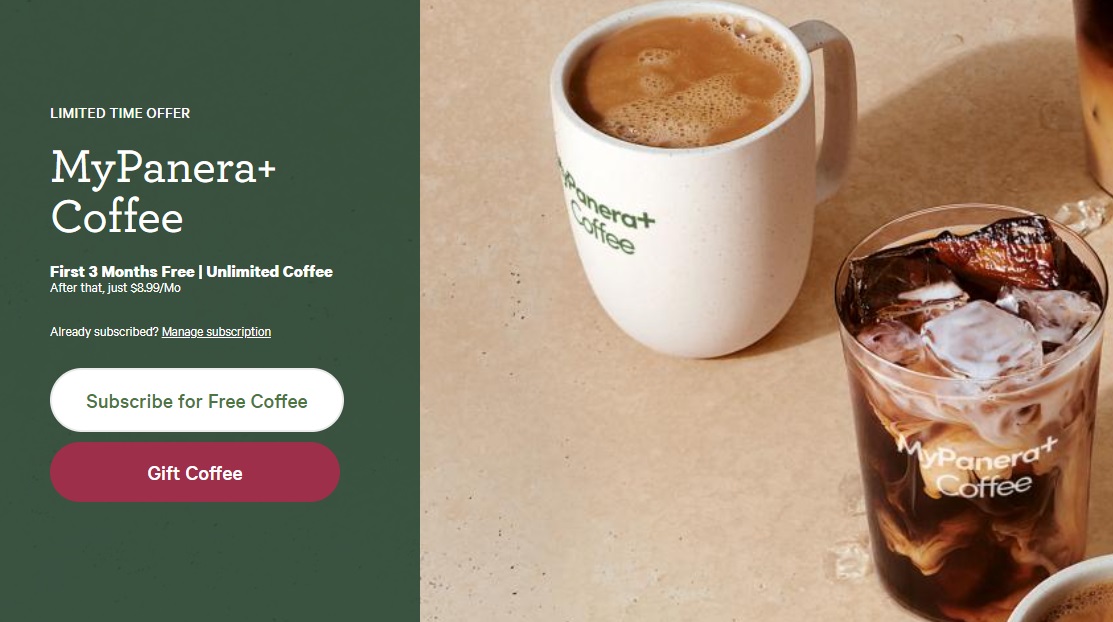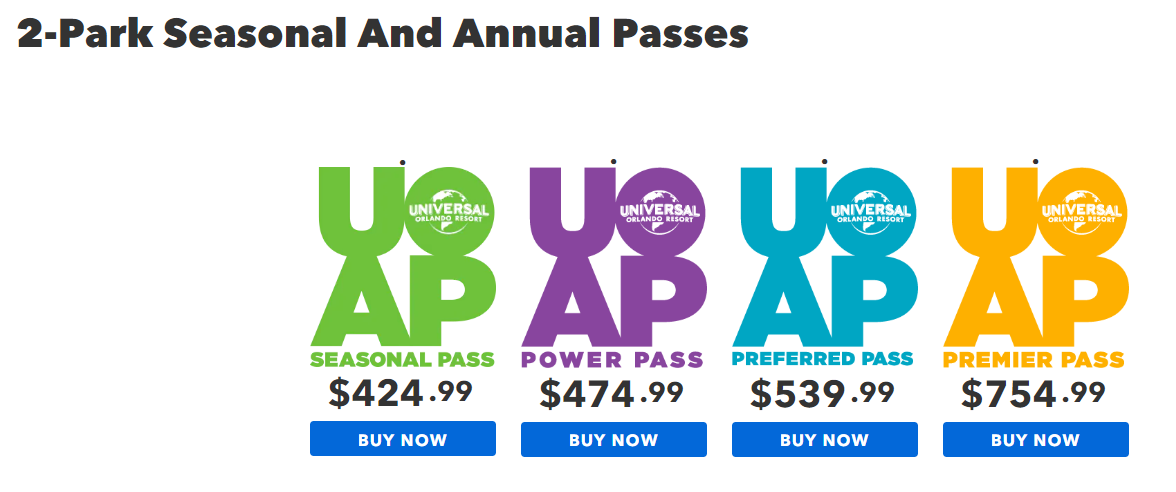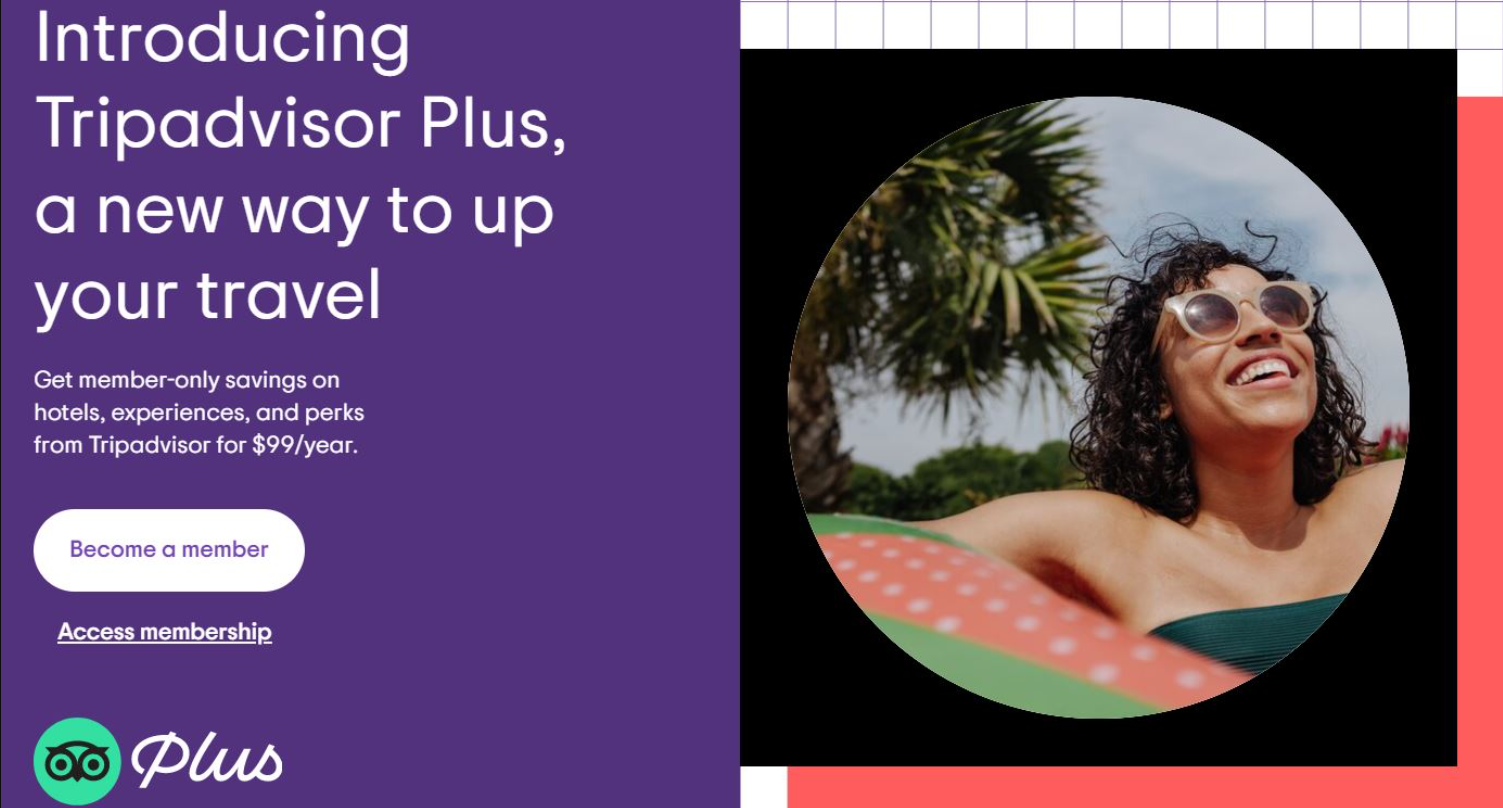In recent years, the hospitality industry has weathered massive disruptions. To stay afloat, businesses leapt into the subscription economy and adopted recurring billing strategies. Welcoming these innovations introduced a fundamental shift to relational business models, which allowed organizations to retain a steady stream of income even during lean months.
The hospitality industry is comprised of four different sectors: lodging, food and beverage, recreation, and travel and tourism. The most successful businesses centre on novel subscriptions that serve a specific niche within their sector and are taking full advantage of the benefits of a subscription business model, including increased customer lifetime value (LTV) and greater return on customer acquisition costs (CAC).
This blog explores the creative ways leading companies have incorporated hospitality subscription services by analyzing a modern-day example from each of the four sectors.
Interested in a specific sector of hospitality? Click on the example below to skip ahead.
- Lodging sector caters to digital nomads: Inspirato
- Food and beverage sector closes out the competition with pricing psychology: Panera
- Recreation sector appeals to locals: Universal Orlando
- Travel and tourism sector bundles the best deals: Tripadvisor
1. Lodging sector caters to digital nomads
When you think of hospitality, lodging is likely the first sector to come to mind. From hotels to vacation rentals, overnight accommodations for guests are an integral part of the industry. However, a lesser-known fact about this sector is that the pool of potential customers is expanding.
With the increasing prevalence of work-from-home options, some telecommuters have transitioned to a nomadic lifestyle. These “digital nomads” work remotely out of a new city every few weeks to months, necessitating frequent temporary accommodations. Extended stay hotels and multi-location hotel subscriptions are increasingly in demand.
Example: Inspirato luxury travel club
Inspirato is a luxury travel club and one of a few emerging companies that are designed with the digital nomad in mind. The Inspirato Pass allows customers to choose a hotel from over 100 locations and stay for up to two months, replacing nightly hotel rates, taxes, and extra fees with the subscription fee of $2,500/month. Founded in 2010, the enterprise’s estimated value is $1.1 billion and boasts over 13,000 subscribers with 18% growth in the past year alone.

2. Food and beverage sector closes out the competition with pricing psychology
Often confused with the food services industry, the main components of the food and beverage sector include the preparation, transportation, and service of food or beverage to customers. These businesses tend to be some of the most successful and are frequently categorized into the overlapping industries of franchising and retail.
Hotel breakfast bars, catering companies, fast food establishments, cafes, pubs, and five-star restaurants all fit within this sector; however, paired with this ample opportunity is abundant competition. Panera’s coffee subscription is a notable success story within the food and beverage sector.
Example: Panera coffee subscription
For context, Burger King attempted to get a leg up on other fast-food giants, like McDonald’s and Starbucks, by offering a daily small, hot coffee for $5/month. Unlike its one-cent whopper strategy, this one completely backfired, and the company discontinued the service shortly after it was introduced in 2019.
So, expectations were low when Panera launched its coffee subscription service for $8.99/month one year later, in 2020. However, Panera’s subscription included hot drip coffee, iced coffee, and hot tea once every two hours with unlimited refills while customers were in the cafe.
These bold differences expertly applied principles of pricing psychology, yielding wildly successful results. In May 2022, Panera unveiled a second subscription service, the Unlimited Sip Club, that offers an expanded variety of beverages for $10.99/month.

3. Recreation sector appeals to locals
The recreation sector is key to the hospitality industry. Local attractions and entertainment play a vital role in providing memorable customer experiences and contributing to the region’s culture. The most common businesses in this sector include amusement parks, museums, art exhibits, zoos, and campgrounds.
These companies rely on admission tickets, merchandise, and concessions sales to generate revenue, which can be a tricky balancing act to pull off through the wax and wane of tourists. Therefore, many of these businesses offer hybrid subscriptions to bolster their income from locals, returning visitors, or guests who want to explore multi-location establishments.
Example: Universal Orlando annual pass
Universal Orlando’s annual amusement park passes start at $23/month after down payment. These subscriptions cover admission and, depending on the tier, a benefits package that includes perks like preferred parking, merchandise and concessions discounts, and early park admission. Florida residents can also benefit from reduced rates for all tiers of annual passes.

4. Travel and tourism sector bundles the best deals
Travel and tourism allow customers to experience destinations beyond their hometowns. This sector has the most crossover with its counterparts because it encompasses the entire experience of the trip, not just the transportation to get there.
Travel agencies are one of the most well-known organizations within this sector, often taking on the logistics and reservations for everything from booking flights to choosing a hotel to scheduling business meetings. The endurance of these businesses is attributed to a fact all too familiar to frequent flyers: coordinating travel plans can quickly become an arduous task.
Example: Tripadvisor Plus membership
Hotels that partner with Tripadvisor have the opportunity to tap into new customer bases and potentially increase their bookings. For $99/month, travellers can enrol as a member with Tripadvisor Plus and gain access to an array of bundled savings on hotels, food and beverages, and experiences. According to their website, customers save on average $350 the first time they use their membership.

Manage subscriptions seamlessly with Subscription Billing Suite
Managing a subscription service can quickly get out of hand without the proper tools in place to handle huge amounts of data, adjustments to complex pricing strategies, and data-driven reporting. Unless you invest in the appropriate technological foundation, it will be nearly impossible to meet the goals of your growth journey. A robust subscription management solution, like Subscription Billing Suite, takes care of the nitty-gritty, freeing up your team to strategize. It’s available as an embedded extension in Microsoft Dynamics 365 Finance, Business Central, and GP.

